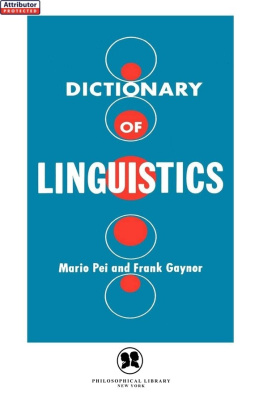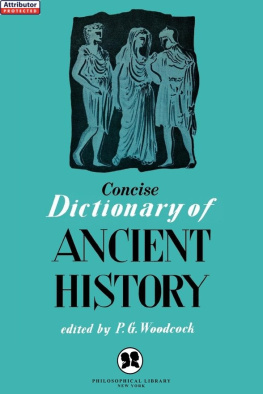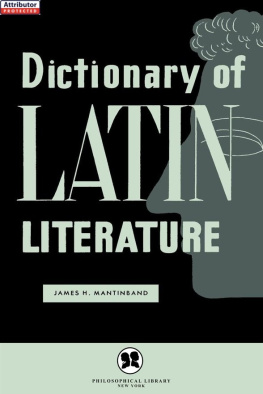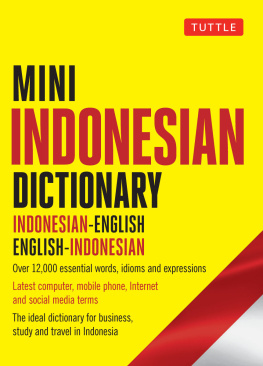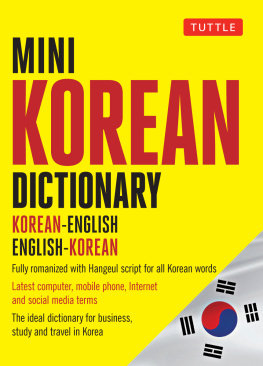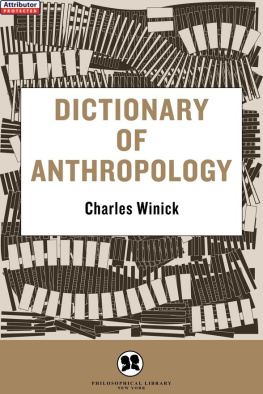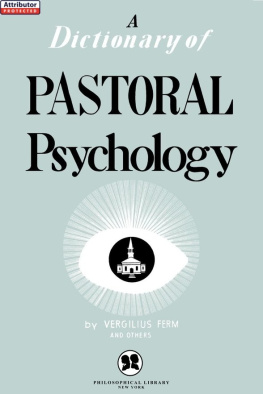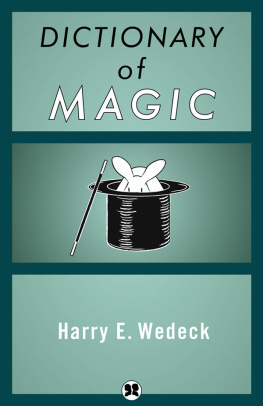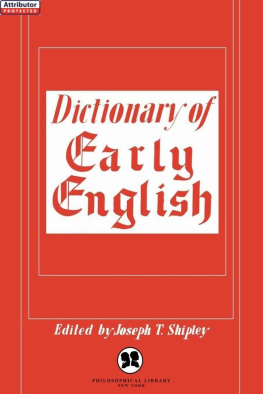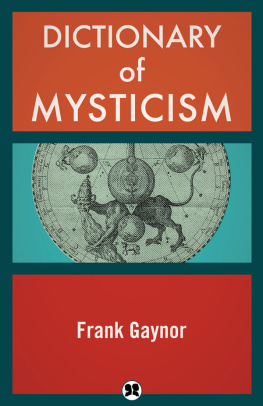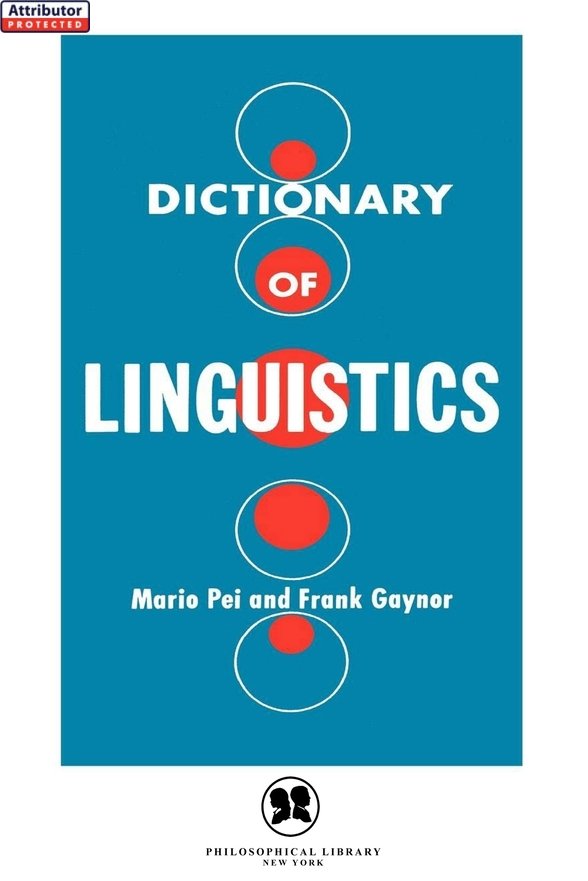A
Abakan: An Asiatic language; a member of the Eastern Turkic group of the Altaic sub-family of the Ural-Altaic family of languages.
abbreviation: (1) A short written symbol for a full word or expression ( etc. for et cetera; e.g. for exempli gratia, meaning for example ).(2) A synonym for shortening (q.v.).
aberrant: Deviating from the normal or average.
abessive: A Finno-Ugric declensional case, having the same connotation as the English preposition without.
Abkaz: A language (also referred to as Abkhasian ) spoken in the Caucasus; a member of the Western branch of the North Caucasian family of languages.
Abkhasian: See Abkaz.
ablative: That case of a noun, adjective, pronoun or numeral denoting the source, agent or means, occasionally also time or place, of an act or occurrence. (In Latin, also used after certain prepositions.)
ablative absolute: A Latin grammatical construction, consisting of the ablative case of a noun or nouns or pronoun or pronouns and an adjective or participle which have no grammatical connection with the rest of the sentence in which the expression as a unit constitutes an interpolated entity.
ablaut: A vowel gradation (q.v.), characteristic of Indo-European languages, denoting distinctions in meaning (e.g., different tenses of a verb).Also called apophony.
abnormal vowel: A designation applied in English phonetical terminology to a vowel representing an intermediate sound between a front and a back vowel. (E.g., the German [], the French u [y], the vowel sound in the English word but [], etc.)
abridged clause: A clause without a finite verb form, such as an infinitive or participial clause.
Abruzzese-Neapolitan: A generic term for a group of south Italian dialects spoken in southern Latium, Abruzzi, Campania, Lucania and Puglia, and generally characterized by loss of clarity of the final vowels and umlaut distinctions in the root vowels.
absolute: Considered in and for itself (e.g., absolute form ), or constituting a self-sufficient entity (e.g., absolute ablative ).
absolute ablative: See ablative absolute.
absolute adjective: An adjective used as a substantive. (E.g., The meek shall inherit the earth.)
absolute case: The case in which a noun is said to be when it is the subject of a sentence but is grammatically isolated from the other sentence-elements. (E.g., in Japanese, this case is usually formed by placing the particle wa after the noun.)
absolute construction: A construction no element or part of which is linked grammatically to the rest of the sentence. (E.g., absolute ablative. )
absolute form: The basic, uninflected, phonetically and morphologically unchanged form of a word as it appears when detached from context, i.e., when spoken alone. (Cf. sandhiform. )
absolute position: In phonetics, the position had by a word, phrase or another linguistic form (q.v.) when it constitutes a sentence without being a part of a larger linguistic form.
absolute superlative: A superlative used to denote a high degree of a quality, without indicating or implying comparison.
absorption: The suppression of a sound or its incorporation into an immediately following or preceding sound.
abstract noun: A noun denoting a quality or characteristic in general.
abstract term: In general, any term, word or expression which denotes a notion, concept, idea, in contradistinction to a concrete term (q.v.).
accent: (1) The stress (q.v.) with which a certain syllable of a given word is pronounced, in comparison with the other syllables of the same word.(2) Short for accent mark or written accent (see diacritic mark ).(3) Cf. pitch.
accentuation: The laying of vocal stress on certain parts of a word or phrase. Graff calls it accent as a flowing feature of speech.
accidence: (1) The inflectional changes of words, to denote various cases, tenses, numbers, etc. of the same word.(2) That branch of grammar which treats of these changes.
accommodation: The partial assimilation (q.v.) of a phoneme, in which the assimilated phoneme takes over just one of the characteristics of the assimilatory phoneme.
accommodative aspect: See benefactive aspect.
accusative: In Indo-European languages, that case of a noun, adjective, pronoun or numeral denoting that the word in question is the object of the sentence. (Also used after certain prepositions.)
Achaean: One of the western dialects of ancient Greek.
acoustic: Relating to sound and sound perception.
acoustic features: The features of sound in any given utterance, as they are or may be recorded experimentally. (Also called gross acoustic features .) These features may have a bearing on meaning and thus be essential to communication by speech ( distinctive acoustic features) or have no bearing on meaning and clarity of communication ( non-distinctive ).
acoustic phonetics: The study of the sound-waves produced when sounds are uttered. A branch of experimental or laboratory phonetics.
acrophonetic writing: A method of writing, employing signs which were originally ideographs (q.v.) but have come to be phonetic signs, representing the initial sound of the object which they depict.
acrophony: The employment of the pictorial representation of an object as the phonetic sign of the initial sound or syllable of the name of that object.
action noun: Any noun naming an action.
active case: See ergative case.
active verb: (1) A transitive verb (q.v.).(2) A verb used in the active voice (q.v.).
active voice: The conjugational form denoting that the grammatical subject of the sentence is the performer of the action expressed by the verb.
actor-action-goal: The sequence of forms in languages like English where word order normally indicates or marks grammatical relationships; compare The man bit the dog and The dog bit the man, where the action remains the same, though the meaning is reversed, since actors and goals have changed position.
actualization: The perceptible result of the articulation of the phonemic variants or of the archiphoneme (q.v.). Also called realization.
acute accent: The diacritic mark [], placed over a vowel to indicate the correct sound in pronunciation; occasionally used (e.g., in Spanish) as a mere orthographic mark, without affecting the pronunciation, or to indicate the accented syllable.
adaptation theory: The theory that flexional endings originally were stem formatives. (Ludwig)
additive clause: A clause which adds something to the main clause, without modifying or restricting the idea expressed in the latter.
adessive: A Finno-Ugric declensional case, having the same denotation as the English preposition a t or near.
adherent adjective: Attributive adjective (q.v.).
aditive case: In Basque, a declensional case, having the same denotation as the English preposition toward.
adjectival clause, etc.: See adjective clause, etc.
adjective: A word used to describe, qualify or modify a substantive.
adjective clause: A clause that is used, in the same manner as an adjective, to modify a substantive.
adjective numeral: A numeral used as an adjective.
adjunct word: A modifier.
adnominal: Relating or belonging to a noun.
adstratum: A term used occasionally, especially in Romance linguistics, as a synonym of superstratum (q.v.).
adverb: A word which modifies a verb or adjective or another adverb.

